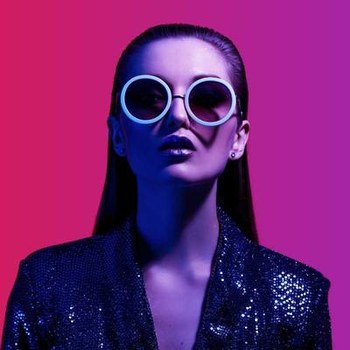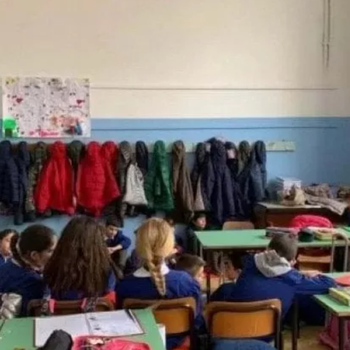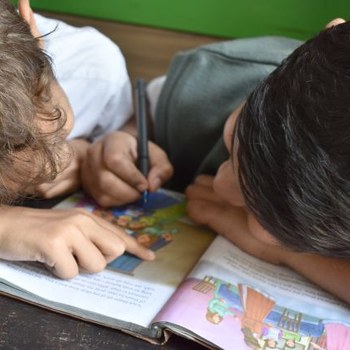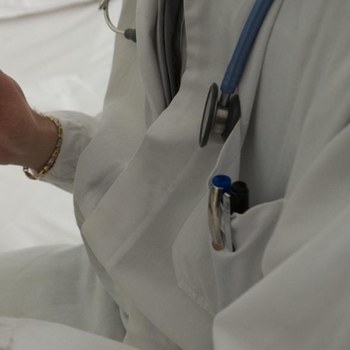Engagement
Engagement activities we have been involved in.

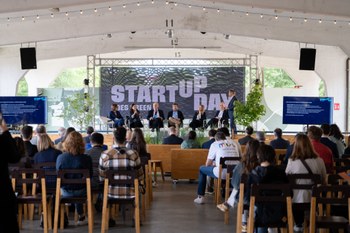
Startup Day Goes Green
1700 ingressi, 27 start-up/spin-off, 80 speaker, 41 pitch, 11 espositori, 5 partner, 2 tonnellate di CO2 emesse, il 75% dei partecipanti ha raggiunto l'evento a piedi o con i mezzi pubblici.
Innovazione e sostenibilità è stato il tema di StartUp Day 2024!

IFIP ICEC 2023 - Tutorial
This tutorial will provide participants with an overview of how academia and industry are applying Metaverse-related technologies to the entertainment sector, with an emphasis on fashion. Fashion, in fact, appears as an interesting use case, as it integrates: (a) entertainment and storytelling aspects, (b) creativity, (c) industrial production, and, (d) large customer bases.
In the last three decades, different research products and experiences have been proposed based on augmented and virtual reality technologies, but the advent of a Metaverse ecosystem deploying non-fungible tokens, artificial intelligence paradigms, and advanced interfaces is opening completely new scenarios.
Further details are provided in the related webpage.
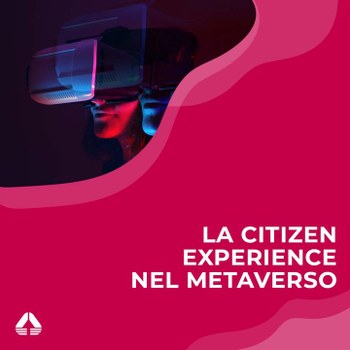
La Citizen Experience nel Metaverso
Podcast di Engineering, the digital transformation company
Intervista con Gustavo Marfia, Professore Associato di Informatica presso il Dipartimento delle Arti dell'Università di Bologna e coordinatore del VARLAB.
Engineering avvia una nuova iniziativa di open innovation con il laboratorio di realtà virtuale e aumentata (VARLAB) presso l'Università di Bologna con l'obiettivo di fare ricerca e prototipazione nell'applicazione delle tecnologie di eXtended Reality ai servizi di Smart Government e eHealth. Quali sono le potenzialità e i rischi delle tecnologie del Metaverso? Come garantire al cittadino accesso universale e semplicità d'uso nei nuovi ambienti aumentati e immersivi?
Ascolta il podcast qui.
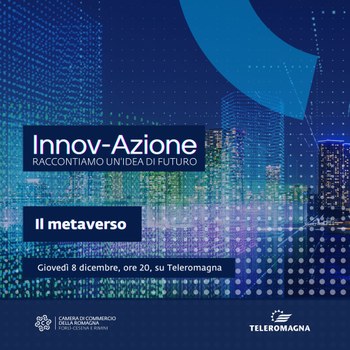
Innov-Azione - Il metaverso
Il metaverso unisce concetti, tecnologie e strumenti in una visione in cui virtuale e reale non hanno soluzione di continuità. Qual è l’equilibrio ideale tra fisico e digitale? Quali sono le tecnologie e le applicazioni più utili e immediate per le imprese?
Se ne parla nella puntata di Innov-Azione, in onda giovedì 8 dicembre alle 20 su Teleromagna con Gustavo Marfia, Professore associato del Dipartimento delle Arti dell'Alma Mater Studiorum - Università di Bologna e Gionata Galdenzi, Senior Manager E-commerce di Aeffe Spa/Moschino.
Rivedi le puntate di Innov-Azione sul sito di Teleromagna!
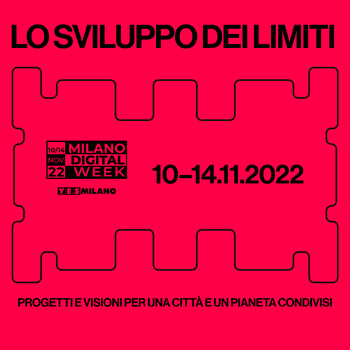
“Sfide e limiti tra libertà e privacy nell’orizzonte del Metaverso”.
In un contesto in cui la tecnologia e la digitalizzazione sono in costante evoluzione, influenzando prepotentemente le dinamiche sociali e relazionali degli individui nella società, Il Metaverso appare come l’orizzonte in cui i limiti di oggi saranno superati. In quest’ottica, Telefono Azzurro propone un evento diffuso, dedicato a famiglie, esperti, aziende ed istituzioni per comprendere gli scenari attuali e anticipare le dinamiche di questa nuova dimensione, governando e sfruttandone in modo sicuro le potenzialità.
In occasione di quest'evento di discussione tenutosi il giorno 11 novembre 2022, Il Prof. Gustavo Marfia viene invitato a partecipare in qualità di relatore.
Scopri di più sull'evento e sulla Milano Digital Week
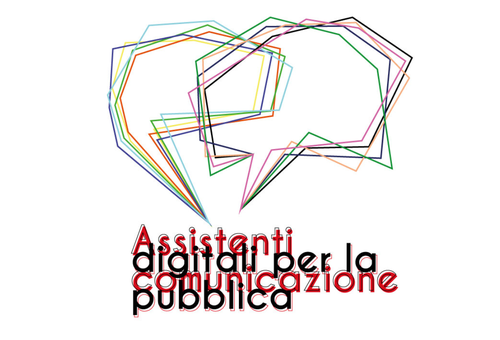
Come le tecnologie dell’informazione cambiano le relazioni e i servizi al cittadino (opportunità e rischi della Pubblica Amministrazione ‘aumentata’)
Partecipazione di Gustavo Marfia, rappresentante e direttore del VARLAB, alla discussione tenutasi al Laboratorio Aperto Rimini Tiberio il 13 aprile 2022
CITATIONS
The following magazines cited the published paper "Valori, I., Della Longa, L., Angeli, A., Marfia, G., Farroni, T. Reduced motor planning underlying inhibition of prepotent responses in children with ADHD. Sci Rep 12, 18202 (2022)." in their articles.
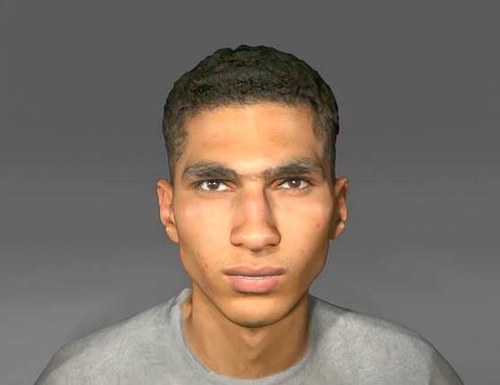
THE X-COMMERCE IS THE FUTURE
The Circolo Cubo is a on line magazine of the University of Bologna's club and a social promotion association non-profit. The interview to Professor Gustavo Marfia, that includes an article written by Valerio Castrignano, talks about how the future of e-commerce will be x-commerce, that means buy a product thanks to virtual reality. The perspective implies an avatar, that is a virtual representation of ourselves, through which we will be able to know and buy the goods. You can find the entire article here.

Augmented reality applied to fashion with the VARLAB of the Rimini Technopole
The Emilia-Romagna Technopole Network represents an ecosystem in which innovation, technology and creativity come together in many ways, giving life to fascinating experiences, not only technological, scientific and entrepreneurial, but also artistic. In this historical phase, in fact, never before have technology and creativity come together, and offer extraordinary tools to those who want to dare and have new ideas, which the Technopoles are able to support and lead from the realm of desires to reality.
The university center and the Technopole of Rimini are carrying out a high-profile experience through the VARLAB, Virtual and Augmented Reality Laboratory. The VarLab operates in the field of research and innovation, with the aim of experimenting with the use of augmented reality within fashion contexts, also in the field of teaching and training. It also carries out research in the field of artificial intelligence also thanks to the support of business partners. Augmented reality means enhancing or augmenting a real scene through additional content. In a sector such as fashion this allows, for example, the consumer to try on a product without wearing it or the manager to view a fashion show or a product in a certain context, when these are not actually there. Read more...
Nasce il CIRI ICT con il Prof. Gustavo Marfia a Rimini dopo Bologna e Cesena
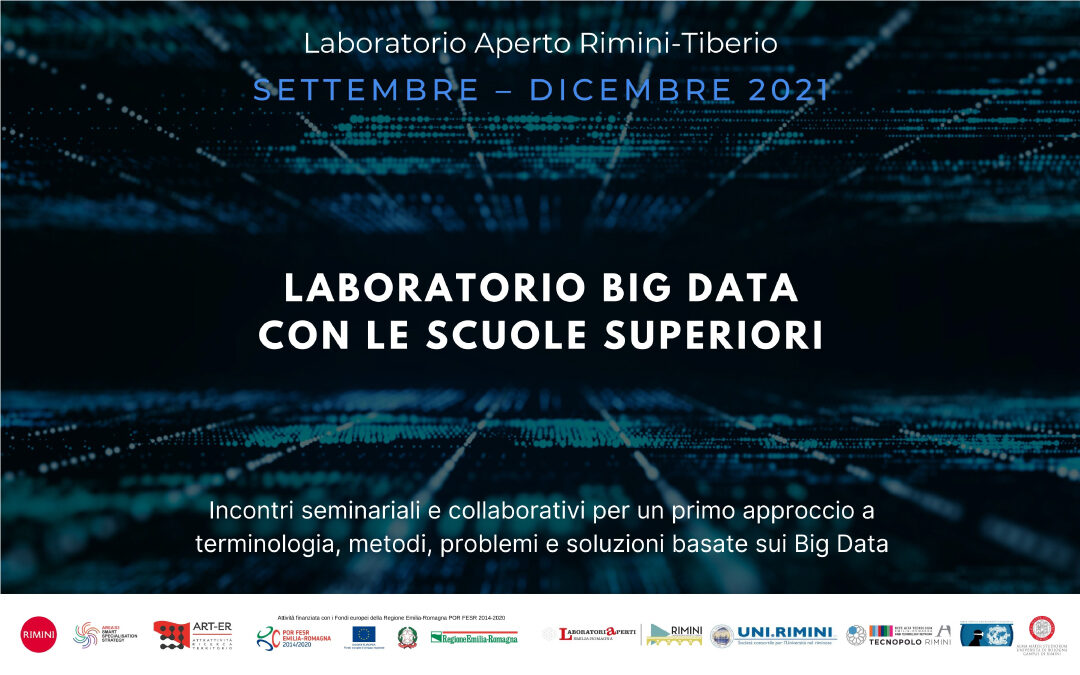
The "Big Data Laboratory" was conceived for secondary school students of the Municipality of Rimini who intend to learn techniques for processing and analyzing large data (BIG DATA). Therefore, the aim is to spread the knowledge of big data through a seminar and collaborative approach with the students of high schools on the foundations of large data analysis.
The course was divided into ten meetings with students, on a weekly basis, and involved professors and researchers from VARLAB. The meetings took place digitally in the period September-December 2021 with theoretical lessons, practical training and a final challenge to get an idea, a project, a prototype that uses big data.
The training will offer an overview of Big Data-based terminology, methods, problems and solutions, with an orientation to data visualization and the programming languages that allow it. The discussion was both theoretical, but also practical, aiming to increase the awareness of participants as digital citizens, with respect to the usefulness of these resources, and in order to cultivate an approach to problems based on computational thinking. The challenge served to put into practice what has been learned by bringing the contribution of a useful idea to the city.


